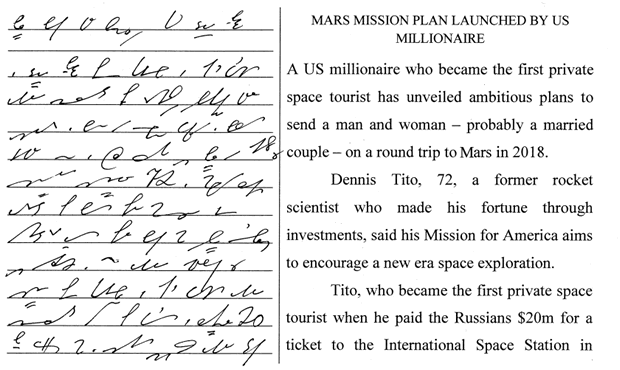Podcast: Play in new window | Download
Here’s the latest news from the world of Omniglot.
There are new language pages about:
- Löyöp, an Oceanic language spoken in the east of Ureparapara Island in northern Vanuatu.
- Lehali (Loli), an Oceanic language spoken in the west of Ureparapara Island in northern Vanuatu.
- Mao (Emela), an Angami-Pochuri language spoken in Manipur and Nagaland the northeast of India.
There are new numbers pages in:
- Aleut (Unangam Tunuu), an Eskimo-Aleut language spoken on the Alaskan Peninsula, and the Aleutian, Pribilof and Commander Islands.
- Ge’ez (ግዕዝ), the classical language of Ethiopia which is still used as a liturgical language by Ethiopian christians and the Beta Israel Jewish community of Ethiopia.
- Ketengban (Oktengban), a Trans-New Guinea language spoken West Papua in Indonesia.
On the Omniglot blog this week there’s a post called Jealous Envy, which is about the differences between the words jealousy and envy, and the usual Language Quiz. See if you can guess what language this is:
Here’s a clue: this language is spoken in the northeast of India and in eastern Nepal.
The mystery language in last week’s language quiz was
Louisiana Creole (Kréyòl La Lwizyàn), a French-based creole spoken mainly in Louisiana in the USA.
There’s a new Celtiadur post about words for Gloves and Sleeves and related things in Celtic languages.
On the Celtic Pathways podcast we stroll around the words for step, path and related things in Celtic languages.
In this week’s Adventure in Etymology we find out what links the word jelly with words such as cold, chill and glacier.
I also made improvements to the Balinese language, Balinese phrases and Balinese numbers pages.
I wrote a new song called What Did I Come In Here For? – something that I’m sure many people can relate to.
For more Omniglot News see:
https://www.omniglot.com/news/
https://twitter.com/Omniglossia
https://www.facebook.com/groups/omniglot/
https://www.facebook.com/Omniglot-100430558332117
You can also listen to this podcast on: Apple Podcasts, Amazon Music, Stitcher, TuneIn, Podchaser, PlayerFM or podtail.
If you would like to support this podcast, you can make a donation via PayPal or Patreon, or contribute to Omniglot in other ways.










